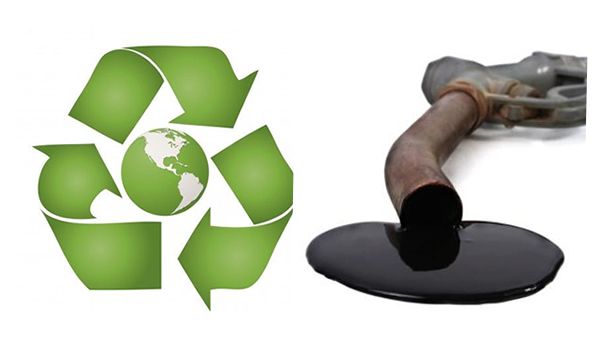Romney: From Crusader for Renewables to Champion of Fossil Fuels

 A key part of Romney’s job plan involves rapid expansion of oil, natural gas, and coal. As he said on one occasion, “I like coal.” On the other hand, he opposes current financial supports for renewable energy, such as the tax credit for wind energy. He has accused Obama of focusing on “an imaginary world where government-subsidized windmills and solar panels could power the economy.” Not only does he want to produce more fossil fuels, but he wants to eliminate barriers to their use such as the Obama administration’s new air pollution regulations. And he opposes regulation of greenhouse gases and rejects any possibility of a cap and trade system.
A key part of Romney’s job plan involves rapid expansion of oil, natural gas, and coal. As he said on one occasion, “I like coal.” On the other hand, he opposes current financial supports for renewable energy, such as the tax credit for wind energy. He has accused Obama of focusing on “an imaginary world where government-subsidized windmills and solar panels could power the economy.” Not only does he want to produce more fossil fuels, but he wants to eliminate barriers to their use such as the Obama administration’s new air pollution regulations. And he opposes regulation of greenhouse gases and rejects any possibility of a cap and trade system.
None of this should surprise anyone who has paid even minimal attention to the campaign. But what may be more surprising is that these positions are the exact opposite of Romney’s positions a dozen years ago. As shown by reports in the New York Times, Bloomberg, and the LA Times, Romney was on a different kind of crusade when he was governor. Rather than being an advocate of fossil fuels, he supported cap-and-trade and air pollution regulations similar to Obama’s. Rather than being opposed to subsidies for clean energy, he helped create them. It’s a remarkable evolution over the course of little more than a decade. The policies he hammers today are the policies he supported back then.
In contrast to his current views, Romney prioritized environmental protection over fossil fuel use when he was governor. In demanding the closure of a coal plant with a bad pollution record, he said: “I will not create jobs or hold jobs that kill people. And that plant, that plant kills people.” He set tough new standards limiting mercury emissions from power plants, just as the Obama Administration has now done. And he helped negotiate a cap-and-trade system for the Northeastern states, pulling out at the last minute only because the plan did not include a price ceiling.
In terms of renewable energy, again his views then were the opposite of his views now. When he was governor of Massachusetts, Romney promoted the state’s green energy fund as a “major economic springboard.” The fund was selective, picking companies based on their potential. Like Solyndra today, some of the companies went bust.
Just how far Romney has traveled in the past dozen years was clear in the last presidential debate. He upbraided the Administration for rising gas prices and chided Obama’s Secretary of Energy for saying that low gas prices weren’t his department’s mission. But back when he was governor, he told an advisor that “we’d be a lot better off in this country if we had European gas prices” because this would force Americans to buy more energy-efficient cars. Today, not only does he oppose high gas prices, but he also opposes federal fuel efficiency standards for cars.
In reality, Obama’s policies today are very much like Romney’s policies as governor. We can only speculate about the reasons for Romney’s about-face on energy issues. Maybe he considered his Massachusetts policies to be terrible failures, or maybe he thinks that circumstances have completely changed in the last dozen years. Or maybe it’s just politics. Whatever the reason, his switch on energy issues shows an unusual degree of flux in Romney’s policy commitments. Whether this exceptional flexibility is a good thing or a bad thing is up to the voters to decide.


